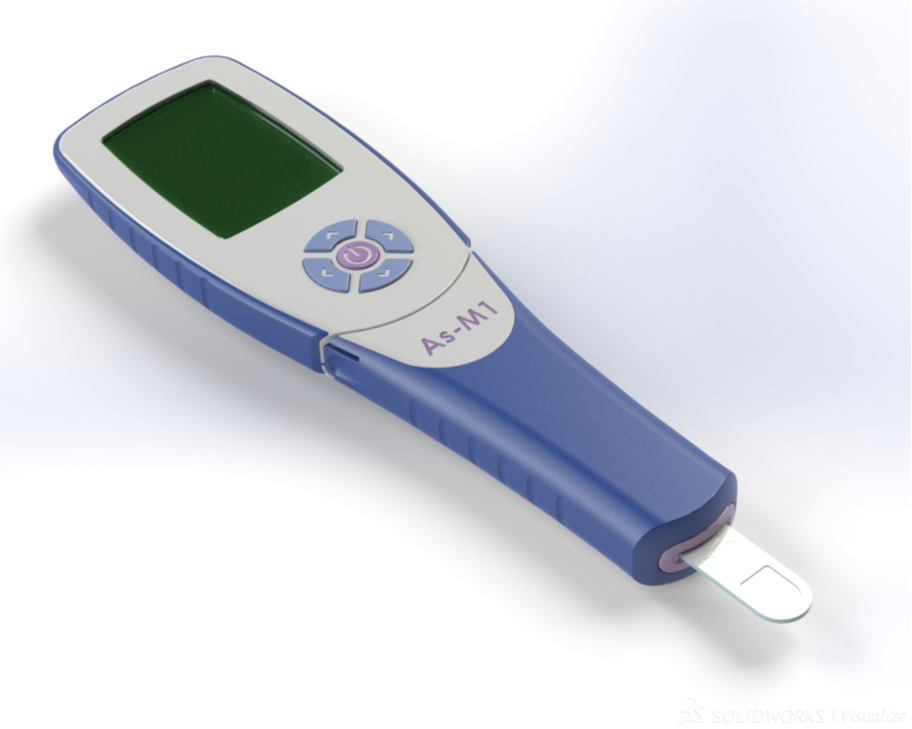BNC wins India-UK Collaborative Industrial R&D grant for sensor to detect arsenic in water

BNC, world-leading technology solution providers and strategic consultants working in a range of high-technology sectors, is pleased to announce that it has won a grant from Innovate UK (formerly known as the Technology Strategy Board or TSB) under its India-UK Collaborative Industrial R&D competition. The grant will support further development of BNC’s novel arsenic biosensor which modifies the technology found in familiar glucose home tests used by diabetics to create a step-change improvement in the testing for arsenic in water. It is estimated that over 70 million people in Bangladesh alone drink water contaminated with arsenic – a tasteless and odourless element that is toxic even at extremely low levels. It is well-known that prolonged exposure to arsenic causes disfiguring skin lesions, reproductive disorders and harm to the nervous system. In the long term, arsenicosis leads to fatal internal cancers in approximately 10% of those exposed. The disease has been called “the silent killer”.
BNC’s innovation will provide a much needed improvement to the method of testing for arsenic in drinking water. Existing arsenic testing kits are 1) difficult to use, 2) either expensive or inaccurate, and 3) create toxic by-products. BNC’s arsenic sensor, on the other hand, is a simple-to-use, rapid, affordable and highly accurate system that creates no toxic by-products, thereby empowering villagers to monitor local wells regularly, and potentially creating new opportunities for entrepreneurship in Bangladesh and other developing countries. It holds out promise for use in developed countries, as well, particularly in areas where mining and heavy manufacturing is leading to significant pollution of rivers used for drinking downstream.
The grant will facilitate BNC’s collaboration with two groups based in Chennai, India, including the highly-renowned Indian Institute of Technology (IIT) Madras and InnoNano Research, an SME developing a novel arsenic filtration system. The grant will allow continued development of the system, including development of the key electrodes, and will provide funding for field testing with real-world water samples.
A video highlighting the issues associated with arsenic poisoning and the potential benefits of the BNC technology can be found here:





